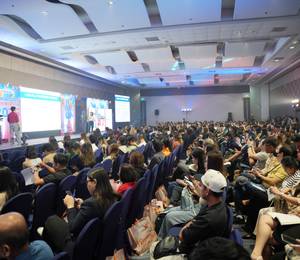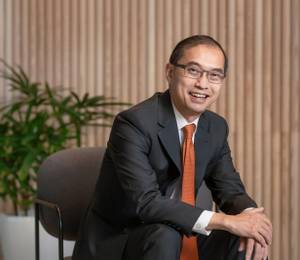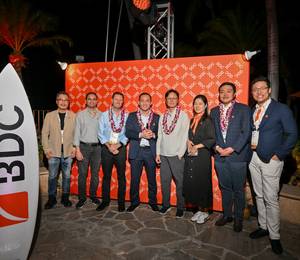Barcelona, Spain – The collaboration agreement whereby the Catalonia Institute for Advanced Architecture and the Zurich University of the Arts, together with the Harbin Institute of Technology of China (HIT), the 9th university in a ranking of 3.000 Chinese universities, will create a training centre for design, architecture and urbanism in Shenzhen, China, was signed on 28 July 2015.
This new non-profit centre will house up to 1.200 post-graduate and doctoral students, with an emphasis on the three subject areas Architecture, Infrastructures & Urbanism, Products, Spaces & Urban Cultures, and Identity, Communication & Media. It is based in a new campus for Research, Education and Production to be built within the HIT campus and will be designed by the IAAC in collaboration with the city of Shenzhen, the ZHdK and the HIT.
The cooperation agreement was formally signed by Areti Markopoulou, director of the Institute for Advanced Architecture of Catalonia, WU Yihuan, Vice Mayor of the City of Shenzhen, Ding Xuemei, Vice President of Harbin Institute of Technology and Thomas D. Meier, president of Zurich University of the Arts. The signing ceremony was attended by Swiss and Spanish diplomats as well as by Xu Quin, Mayor of the City of Shenzhen, who thanked the party and the government for their attention and support for this cooperation in running the school.
The agreement agrees on advice from the IAAC and the ZHdK for the creation of eight master's degree programmes and a Hub for technological research in the field of design, architecture and urbanism in the city of Shenzhen.
Lecturers and other staff will have the opportunity to acquire experience in a major international project, cooperating with one of the largest universities in China (HIT) and two of the world's leading architecture schools (IAAC and ZHdK), while benefiting from the strong practical focus provided by the involvement of local companies and institutions. Exchanges will give lecturers and students the opportunity to carry out teaching, learning and research within an extremely dynamic cultural and economic environment.











